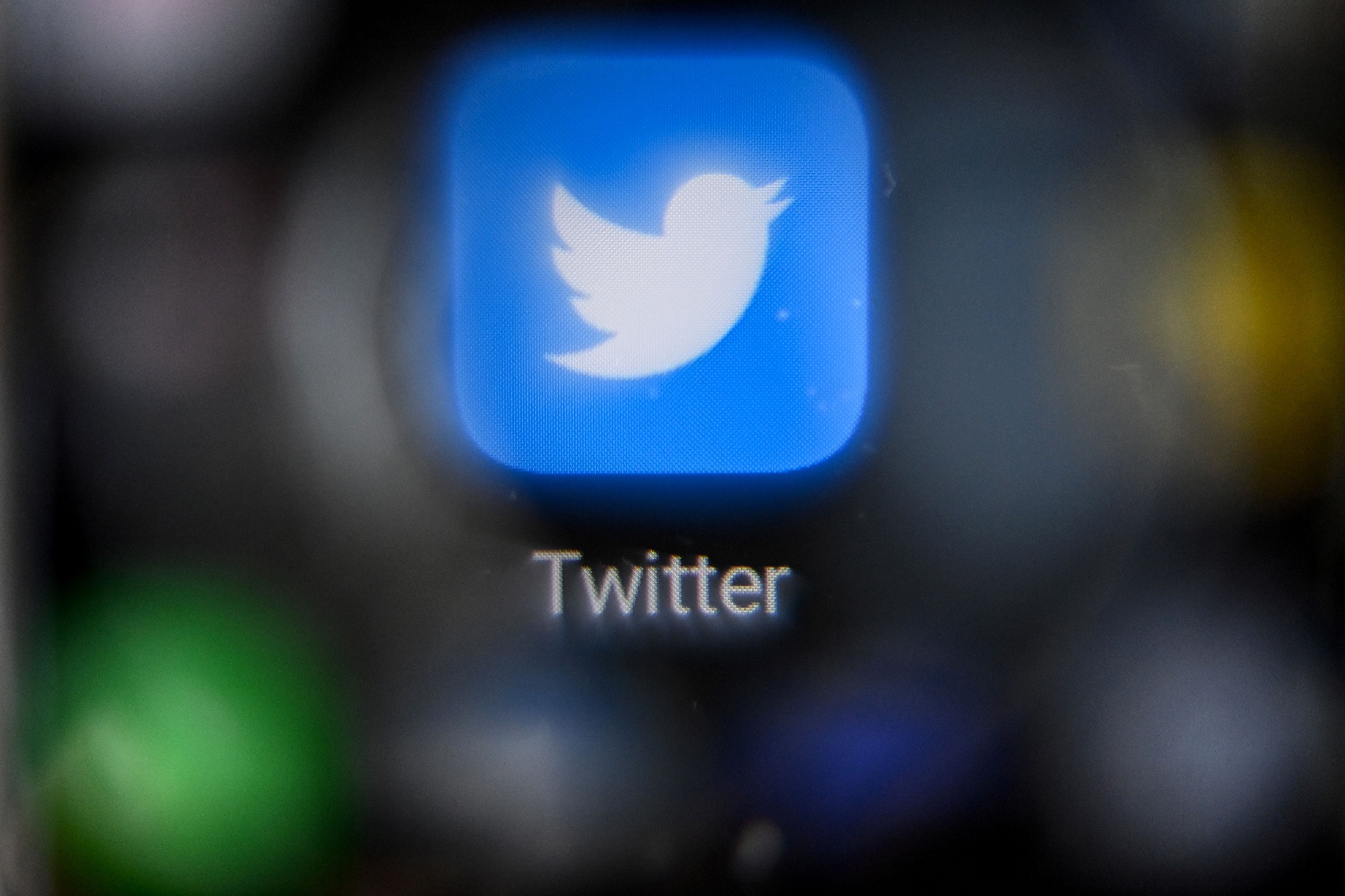Twitter bans sharing images of private individuals without their consent

Your support helps us to tell the story
From reproductive rights to climate change to Big Tech, The Independent is on the ground when the story is developing. Whether it's investigating the financials of Elon Musk's pro-Trump PAC or producing our latest documentary, 'The A Word', which shines a light on the American women fighting for reproductive rights, we know how important it is to parse out the facts from the messaging.
At such a critical moment in US history, we need reporters on the ground. Your donation allows us to keep sending journalists to speak to both sides of the story.
The Independent is trusted by Americans across the entire political spectrum. And unlike many other quality news outlets, we choose not to lock Americans out of our reporting and analysis with paywalls. We believe quality journalism should be available to everyone, paid for by those who can afford it.
Your support makes all the difference.Twitter has bannned the sharing of pictures and videos of private individuals without their permission, in a major policy move.
The change will mean that people can ask for pictures of themselves to be removed from the site, if they did not consent to have the images or videos shared.
Public figures will not be able to have pictures removed, unless they are being harassed, and cases where the pictures and tweets are in the public interest or “add value to public discourse” will still stay up.
It is the first major policy announcement under the company’s new chief executive, Parag Agrawal, who took over from Jack Dorsey when he stood down on Monday.
The new rules are an extension of Twitter’s existing rules on “private information”, it said. Those rules already banned the sharing of information such as people’s home addresses or ID documents.
It is distinct from its policy on abusive behaviour, which it could already use to take down images that were being used as harassment or intimidation. And it is also separate from its existing non-consensual nudity policy, which covers instances where nude images of both public and private individuals are being shared without their permission.
Twitter acknowledged that there will be cases in which images might be shared “in an effort to help someone involved in a crisis situation, such as in the aftermath of a violent event, or as part of a newsworthy event due to public interest value, and this might outweigh the safety risks to a person”.
In such cases, it would look to assess the context of the image and may decide that it should stay up anyway, it said. That might include images that are already publicly available, those that are being covered by news sites, “or if a particular image and the accompanying tweet text adds value to the public discourse, is being shared in public interest, or is relevant to the community”.
“Feeling safe on Twitter is different for everyone, and our teams are constantly working to understand and address these needs,” it said. “We know our work will never be done, and we will continue to invest in making our product and policies more robust and transparent to continue to earn the trust of the people using our service.”
Join our commenting forum
Join thought-provoking conversations, follow other Independent readers and see their replies
Comments